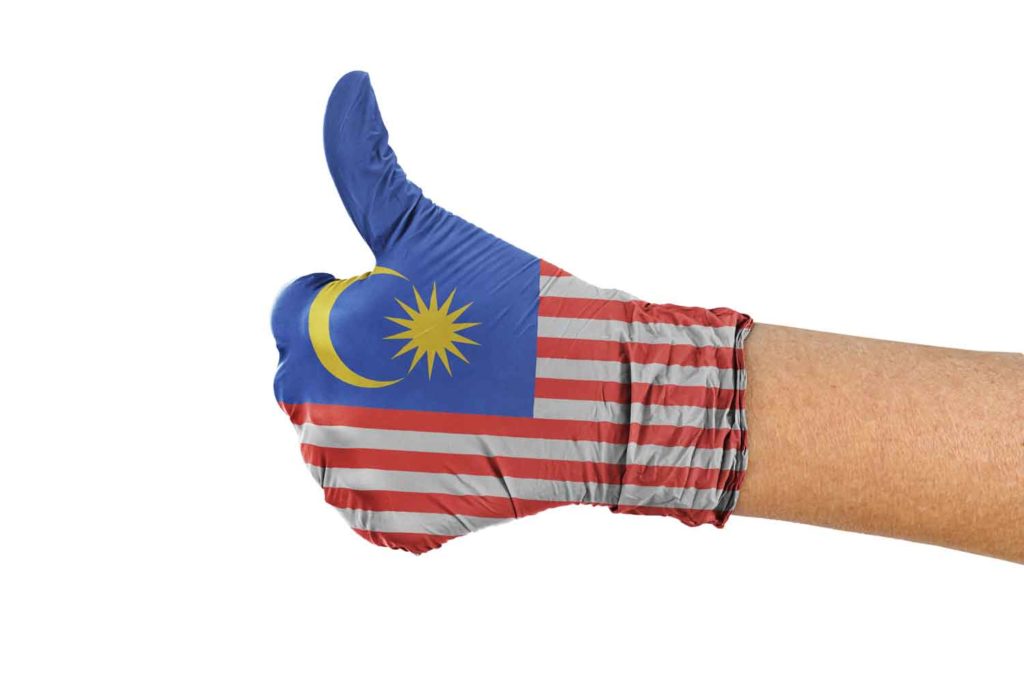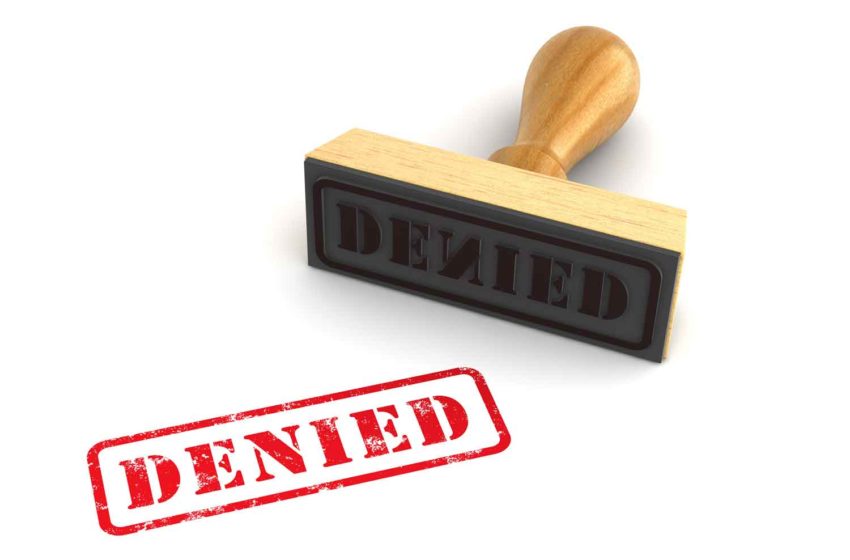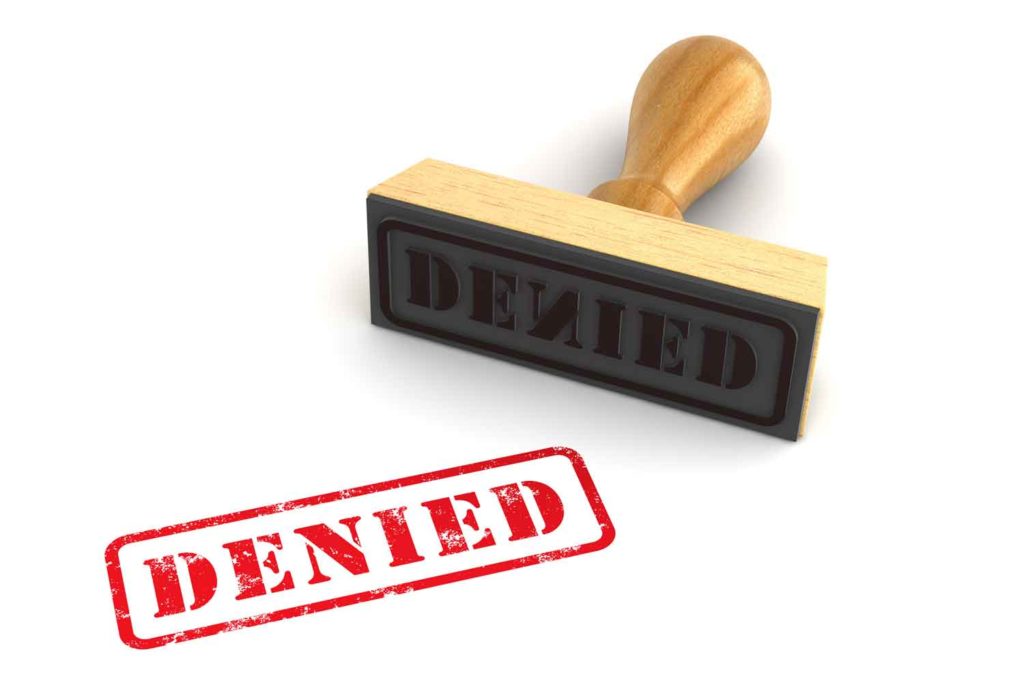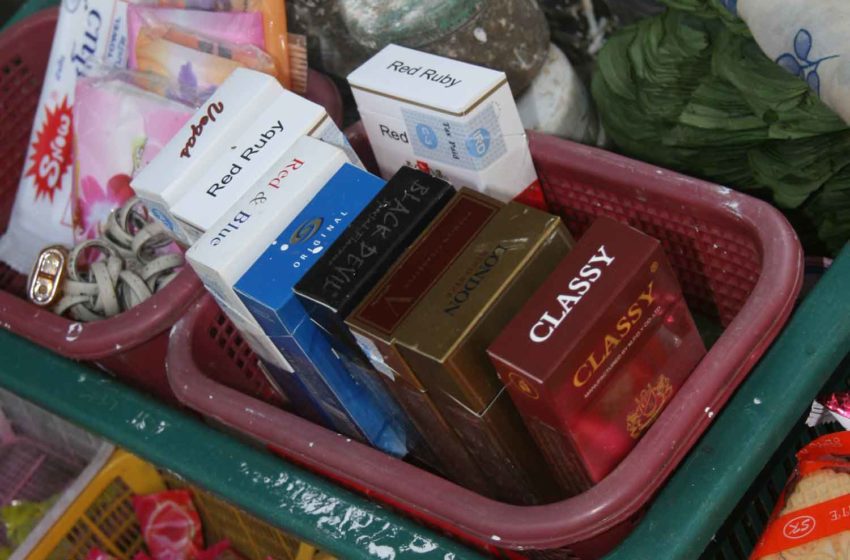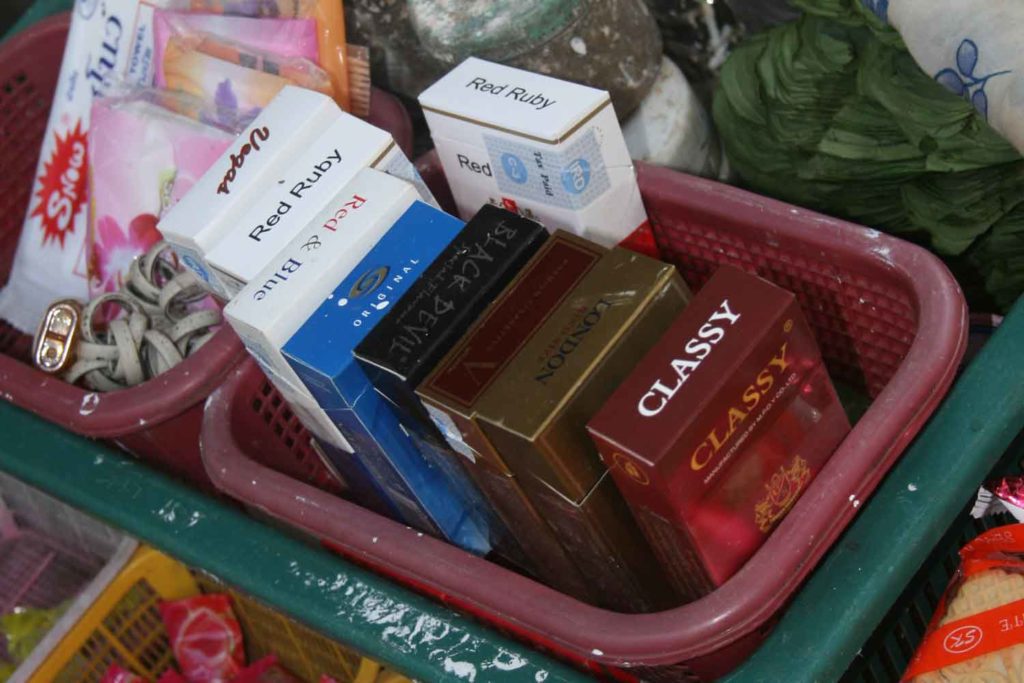
Daniel P. McGee has joined Keller and Heckman’s expanding tobacco and vapor practice as counsel.
Prior to joining Keller and Heckman, McGee worked as in-house counsel for several multinational tobacco, vapor and CBD companies, where he honed his skills advising on compliance and regulatory issues related to tobacco, vapor, nicotine, hemp, CBD and related products.
McGee has experience counseling companies on a broad range of complex tobacco and U.S. Food and Drug Administration regulatory matters and developing strategies to help companies bring new products to market.
“Daniel’s expertise and industry perspective will be invaluable to Keller and Heckman clients who are carefully navigating the challenges and pitfalls of a highly regulated and rapidly evolving legal landscape,” said Azim Chowdhury, a Partner in the firm’s tobacco and vapor and food and drug practices.
“In addition to expanding our tobacco and e-vapor capabilities, we are especially looking forward to utilizing Daniel’s expertise in state law compliance, particularly for clients expanding into the hemp and CBD categories.”
“The addition of Daniel to our practice demonstrates Keller and Heckman’s commitment to helping our clients understand and comply with continuously evolving regulations in this growing field,” said Richard Mann, chair of Keller and Heckman’s management committee.
“I am honored to work with Keller and Heckman’s experienced team of tobacco and e-vapor attorneys and to share the corporate perspective with my new colleagues,” said McGee. “After spending the bulk of my legal career as in-house counsel to the tobacco industry, I made a strategic decision to focus on the industry as a whole and join a law firm that is a leader in tobacco regulatory compliance and public policy initiatives.”
McGee received his J.D. degree from the University of Oregon School of Law and his B.A. degree from Boston College, where he graduated with honors.





